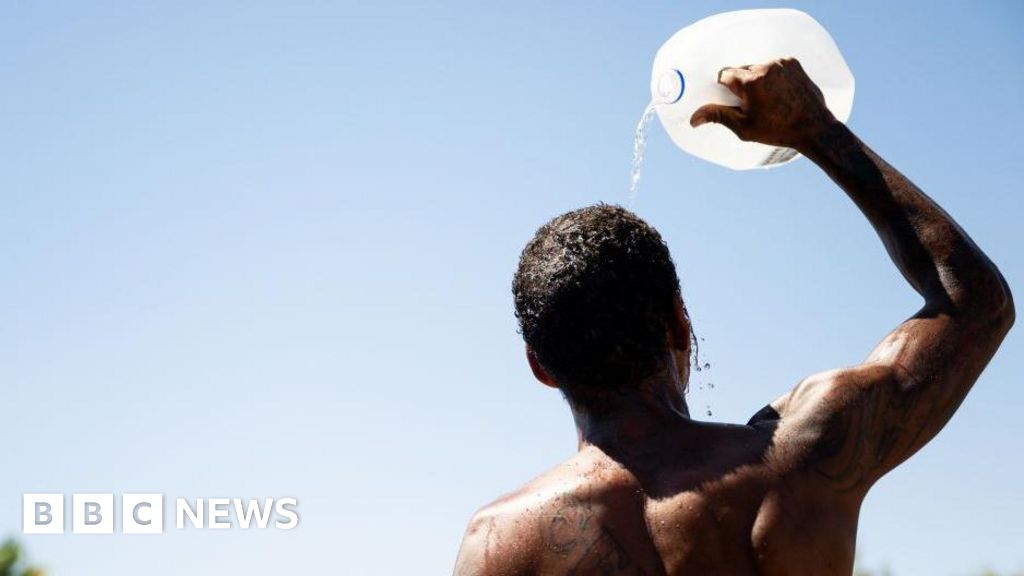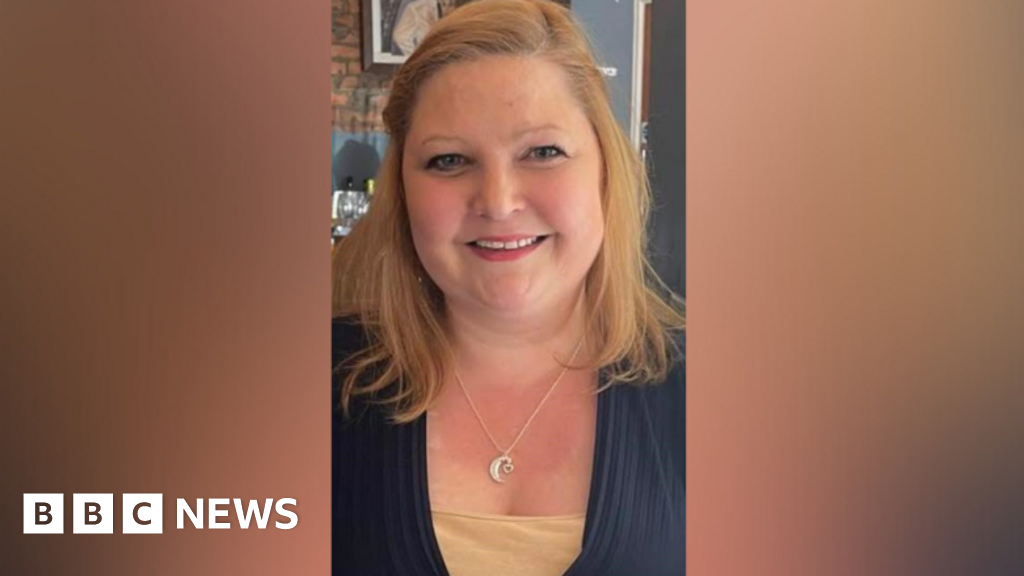Receive free War in Ukraine updates
We’ll send you a myFT Daily Digest email rounding up the latest War in Ukraine news every morning.
Vladimir Putin has vowed to crush an uprising led by the warlord Yevgeny Prigozhin, describing the armed mutiny moving through cities in southern Russia as a treasonous “stab in the back”.
Facing the first coup attempt in Russia for three decades, the president said he had given “necessary orders” to tackle the Wagner paramilitary group with “decisive measures” to retake the city of Rostov.
The grave address, which did not mention Prigozhin by name, suggests Putin has left no room for compromise with his former acolyte. “What we are dealing with is treason. Unchecked ambitions and personal interests have brought about betrayal of our country and our people,” Putin said.
Putin’s address on Saturday morning came hours after Prigozhin claimed to have “blockaded” Rostov, as armed, masked men with tanks and armoured vehicles surrounded government buildings in the southern Russian city.
Prigozhin was filmed walking into the Rostov military headquarters, a command centre for southern Russia, before ranting at a deputy defence minister and a senior general about his attempt to oust the army’s leadership. His fighters then appeared to head north towards Moscow, according to the UK ministry of defence, in convoy via Voronezh.
The extraordinary scenes were part of what Prigozhin said was a “march of justice” against defence minister Sergei Shoigu and Valery Gerasimov, commander of Russia’s invasion forces. Prigozhin’s paramilitary group Wagner has been feuding with the two officials for months over the handling of the Ukraine invasion.
“We want [Gerasimov] and Shoigu. Until they’re here, we’ll stay, blockade Rostov and head to Moscow,” Prigozhin told deputy defence minister Yunus-Bek Yevkurov and Vladimir Alekseyev, deputy head of Russian military intelligence. “We are saving Russia.”
In another video posted shortly afterwards, Prigozhin said Wagner controlled “the military facilities of Rostov, including the airport”. He claimed Wagner had opened fire on Russian forces and shot down three army helicopters.
During his address on Saturday, Putin likened Prigozhin’s “treason” to the Russian Revolution in 1917, when the Tsar was overthrown and the Bolsheviks took power in the face of widespread popular unrest about the first world war.
“Intrigues, spats and politicking behind the army and people’s back ended in an enormous collapse, the destruction of the army and the fall of the state, the loss of huge territories, and in the end, the tragedy of civil war,” he said.
“We won’t let that happen again.”
Putin acknowledged the situation in Rostov was “complicated” with “the work of civil and military command is essentially blockaded”. But he said security forces had been ordered to “stabilise” the city.

The president also said he had ordered “additional measures of an anti-terrorist nature” in Moscow and “several other regions”. The step essentially puts the FSB, Russia’s main security service, in charge of the areas and gives them the right to detain, raid and use force.
Western leaders responded to the events with caution. Poland’s president Andrzej Duda said that he had consulted with allies and that Warsaw was monitoring events in Russia “on an ongoing basis”.
With Wagner’s months-long dispute with the army at boiling point, Russia’s security services treated Prigozhin’s initial statements with unprecedented seriousness. The FSB on Friday accused Prigozhin of organising an armed uprising, while two senior generals who rarely speak in public urged Wagner’s fighters to stand down from a “state coup”.
Prigozhin’s gambit appeared to mark the collapse of a hybrid system in which a patchwork of competing security forces fought on Russia’s behalf in Ukraine, often at cross purposes. The chaos follows months of public infighting between Wagner and the army as Russia’s full-scale invasion of Ukraine continues to sputter.
Officials in Rostov, home to a big command centre overseeing Putin’s war in Ukraine, urged people to stay at home and avoid the town centre. Masked men set up positions outside Russia’s southern military headquarters and several other security services buildings, according to local site 161.ru and multiple videos posted on local social media.
Rostov’s governor Vasily Golubev wrote on social media that public transport routes would be changed “because of the current situation”, without explaining why.
Outside Rostov, there was little sign of Prigozhin’s forces, which he said numbered 25,000 men, or of any clashes with Russian forces.
There was no independent confirmation of any of Prigozhin’s statements or footage indicating Wagner had mustered such a force or any indication it had engaged in firefights with the army.
But a governor in central Russia said a highway to Moscow had been shut down north of Rostov, while officials in the capital said “anti-terrorist operations” were under way.
Credit: Source link












